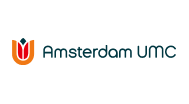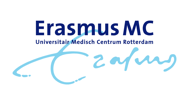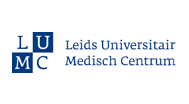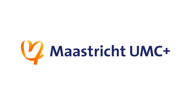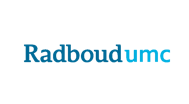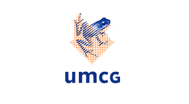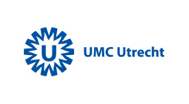Hospital Training Programmes Fund (FZO)
NFU, NVZ and VWS jointly manage a fund that pays for a number of hospital programmes for specialised nursing and medical-support functions: the Hospital Training Programmes Fund (FZO).
Programmes for IC and A&E nurses, operating theatre assistants and anaesthesia staff members are reimbursed by the FZO. Umcs and general hospitals play a role in the training of these specialised nurses and medical-support personnel. They offer a workplace function, involving collaboration in these cases with hbo and mbo [higher professional education] institutions in local and subregional networks.
Via the FZO, umcs and general hospitals are stimulated to train specific staff members. This concerns a number of programmes that fall under the Care Programmes Board (CZO).
The Capacity Board examines the number of care professionals required in the future. They are expecting increasing pressure on the already tight job market of FZO professionals. Their projections show that umcs and hospitals will have to train substantially more specialised nurses and medical support staff in the coming years to meet the need. The focus lies on increasing the intake in hospital programmes and the number of graduates. The Ministry of VWS has agreed the aim in the Global Agreement for medical specialist care of realising the entire recommendation of the Capacity Board for specialised nurses in 2021.
The NFU, NVZ and V&VN established the FZO Taskforce to examine how more specialised nurses and medical support staff can be trained. This Taskforce has already formulated guiding recommendations to train more people. For more information, see the final report, this clarifying infographic and the animation presented above.


